Home » Treatments » Opiate Detox
Opiate Detox
- Cheree Ashley
- Medically Reviewed
Opiate Detox Program
Addiction to opiates is difficult to overcome on your own. Many people who want to stop using opioid painkillers don’t because they are afraid of how bad the withdrawal from the drugs will be. The symptoms of withdrawal from opiates like oxycodone, Vicodin, fentanyl, and others can be very unpleasant, even painful, and that is often the reason that individuals return to using the drugs to feel better. While withdrawal from opiates isn’t often life-threatening, some of the symptoms are so severe that they require medical attention. This is especially important for people who have used opioid drugs in large doses or for a long period of time.
A detox program is the first step to recovery from opiate addiction. For most people, the detoxification process is a short program where they have time to allow harmful substances to process through and out of the body. The detox process is supervised by medical professionals and may include taking medication that helps to alleviate some of the worst opiate withdrawal symptoms.
What Is Opiate Abuse and Detox?
Opiates are medications that are prescribed for acute or chronic pain relief, including codeine, morphine, oxycodone, fentanyl, hydrocodone, and others. The illegal drug heroin is also an opiate. In many situations, people who become addicted to opiates start using them for legitimate medical reasons. They may have been injured or were recovering from surgery when they were prescribed the powerful painkillers. However, as they continued to use them, they built a tolerance to the dosage, so they began taking more or taking it more frequently. Doing so is abuse, and it can lead to developing a physical dependence to the drug, and ultimately, addiction. Once someone is addicted to opiates, it is hard to just stop taking them. Attending a detox program in which individuals are monitored for physical and emotional withdrawal symptoms is the best option for getting clean.
The Effects of Opiate Abuse on The Body
Opiates are prescribed to relieve acute and chronic pain, and that is their primary effect. However, because they produce a pleasant, often euphoric feeling, there is a high risk of abuse and addiction to opiates. Even those individuals who take their prescription painkillers as directed by their doctors can become physically dependent on and then quickly addicted to opiates. Some of the other side effects of opiates drugs are:
- Stomach issues
- Dizziness, drowsiness, or confusion
- Severe headaches
- Insomnia
- Chronic constipation
Prolonged use of opiates can cause more serious effects like damage to the liver, lungs, and heart. If you take more opiate medication than your doctor prescribed, you are at risk of developing endocarditis, which is an infection in the heart’s inner lining. The liver can be harmed when opiates are used in any amount over an extended period of time. Additionally, if you have respiratory problems, they may be exacerbated by the use of opiates because the medication can cause respiration to slow down and shortness of breath.
What Are the Symptoms of Opiate Detox?
Opiate detox isn’t easy. While the symptoms are typically not life-threatening, they are uncomfortable, often described as similar to severe flu-like symptoms. For most people detoxing from opiates, withdrawal symptoms will begin with a day after their last dose, peaking after a week or so. However, the exact length of time depends on the specific type of opiate, as there are different strengths, extended and immediate release opiates, and people have different levels of dependency or addiction. There are three phases of detox for opiates, early withdrawal, late withdrawal, and post-acute withdrawal.
Early Withdrawal Symptoms
The first phase of opiate withdrawal usually starts about 6-12 hours after the last use of shorter-acting drugs. With longer-acting opiates, like extended-release painkillers, it may take between 24 and 30 hours for the withdrawal to start. During this phase, the most common withdrawal symptoms are:
- Muscle and body aches
- Watery eyes
- Runny nose
- Fever
- Increased heart rate
- Excessive sweating
- Anxiety
- Insomnia
- Excessive yawning
- High blood pressure
- Irritability
- Craving
Late Withdrawal Symptoms
The physical withdrawal symptoms for opiates typically peak about three days after the last use and then gradually subside over the following week. The most common symptoms during this phase are:
- Intense cravings
- Stomach cramps and diarrhea
- Nausea and vomiting
- Depression and anxiety
- Goosebumps
Post-acute Withdrawal Symptoms
After a couple of weeks, the early and late withdrawal symptoms have usually subsided but can persist much longer for some people. The post-acute withdrawal phase occurs after those symptoms have faded. This phase doesn’t typically have physical symptoms; rather, the emotional and mental symptoms continue. Anxiety, depression, fatigue, and cravings can go on for weeks after discontinuing the use of opiates.
How Long Will It Take to Detox from Opiates?
How long the detox process for opiates is depends on a few factors. What type of opiates are being used, the amount and frequency used, and your overall physical and mental health all affect the process of detoxing from opiates. However, there is a common timeframe for opiate detox that many people experience, as follows:
- Longer-acting opiates: These include extended-release prescription painkillers, fentanyl patches, methadone, etc. Withdrawal usually starts within two to four days after the last use and lasts for up to 10-12 days.
- Shorter-acting opiates: These are opiates with shorter half-lives, like heroin and some prescription painkillers. Withdrawal usually starts within 24 hours of the last use and persists for four to ten days.
How to Recognize if Opiate Detox May Be Right for You
If you identify with any of the following behaviors, you may be abusing opiate medications, and you should consider a detox program:
- Taking your prescription painkillers more often than prescribed
- Taking higher doses of your painkillers than prescribed
- Needing to take opiate painkillers just to feel normal
- Craving your opiate medication when you haven’t taken it
- Lying or faking symptoms to get doctors to prescribe more painkillers
- Doctor shopping to obtain multiple prescriptions for opiate medication
- Isolating from loved ones
- Failing to stop using opiates despite trying multiple times
What Are the Different Types of Detox?
If you are abusing substances, opiates, or any others, there is a detox program that can help you get better. Most drug and alcohol treatment centers offer detox programs for the following and more:
- Alcohol
- Barbiturates
- Benzodiazepines
- Cocaine
- Crystal methamphetamine
- Fentanyl
- Heroin
- Morphine
- Norco
- Oxycodone
- Percocet
- Tramadol
- Vicodin
Getting Help and Opiate Detox
If you want to stop using or abusing opiate painkillers, you may have tried unsuccessfully to do so on your own. Or you may be thinking about stopping cold turkey. Whatever your specific situation is, if you want to stop, seeking professional medical help offers you the safest, most comfortable way to detox from opiates. Additionally, people who seek professional help at a drug or alcohol treatment center have the best chances of long-term sobriety and recovery. Not only is it safer because you are medically supervised throughout the entire process, but you are more likely to get through the withdrawal symptoms successfully, without relapse, when you detox in a program.
Opiate addiction can be devastating, ending tragically in many circumstances. But you don’t have to be one of the unfortunate cases. You can seek help, beginning with a detox program and continuing on to inpatient or outpatient addiction treatment, to get your life back on track for yourself and your family.







